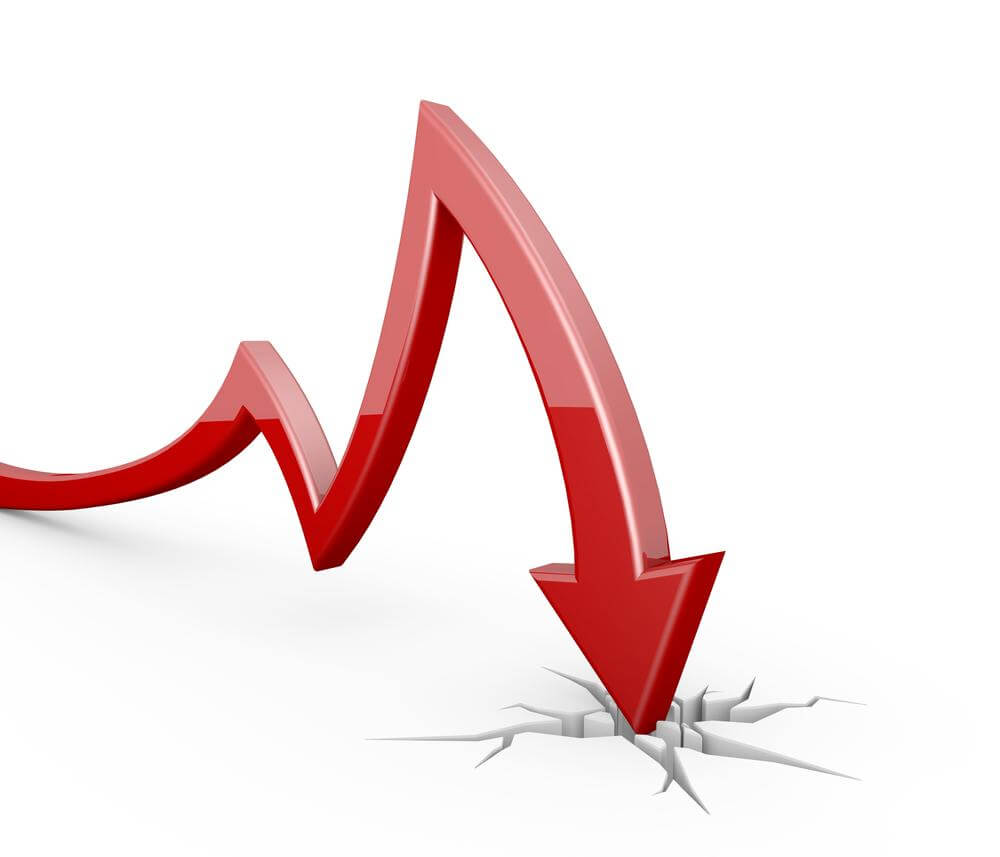
Retail investors have made quite an impact on the stock market recently, although several seasoned investors deem them as amateurs set to make wrong decisions and lose their wealth. Other experts believe modern investors are becoming a force to be reckoned with.
There is a lot of focus on addressing the modern investors, who are mostly millennials and became a more visible investor group in 2020 by investing heavily in tech stock, seeing the opportunity to hedge against the potential inflation and at the same time exploring alternative investment asset classes. Some seasoned investors are saying the modern investors are just chasing a trend and playing with fire, while others believe the cohort should be taken seriously.
Who is the modern investor?
Modern investors are predominantly millennials, both in age and spirit. Though most of them, especially in the US, have yet to acquire more wealth than their predecessors, baby-boomers, millennials are a growing power in the investment world, already influencing the current industry.
The driving force behind modern investors’ ability to change the industry is technology. From robo-advisors to gamification, tech-savvy investors are increasingly relying on and using apps and the internet. When once investing was a privilege accessible only to well-off citizens, now technology has made it only a few clicks away, presenting a plethora of opportunities to invest not only in the traditional assets like stocks or bonds, but also alternatives like arts, wine, loans, and others.
Contrary to the general view, modern investors are well-informed. A survey by Accenture revealed that 90% of financial advisors believe their millennial clients are more aware about their investing options than they were five years ago, indicating that the interest and engagement in investing is nevertheless growing.
Alternative investments – crucial part of modern portfolio
Blackstone research on new investor behaviour also shows that alternative investments are rising in popularity as investors are seeking alternative investments to find yield, some for higher returns, or protection from rising rates, or a haven against market volatility.
As modern investment portfolio changes, adapting to potential market changes may require a search for new sources of funding. One of the growing alternative investment asset classes— popular with millennial investors—is investment in loans. Their biggest advantage is higher returns in comparison to passive income instruments, in addition to being a more predictable alternative to growth stocks. As a debt-based product, investment in loans is also less volatile.
“Modern investors have shown everyone in the past year that they are a force that needs to be taken seriously,” said Martins Sulte, CEO and Co-founder of Mintos, the leading alternative investment platform for investing in loans in Europe. “We have worked closely with this investor segment, with over 370 000 retail investors on our platform, who give us feedback that they turn to alternative investments, and investing in loans in particular, as a means to manage their savings or create them.”
Mr Sulte also added that modern investors are more prudent than the industry might think, seeing diversification and alternatives as a way to future-proof their portfolios.
“We see a trend towards diversification even within our platform, which indicates that modern investors are not reckless as some make it out to be,” he said. “With pensions funds or bank accounts offering low savings rates, we see people search for better options and find passive investing as a solution for higher returns. While we cannot compare investing in loans to savings accounts at a bank due to both being entirely different forms of financial service and risks involved in any form of investing, we do understand and lately witness in greater amounts the interest for making money work much more for oneself.”
Conclusion
For many modern investors, especially those using trading apps, a retail portfolio may include a rather random selection of assets. That said, the retail investors are quick learners and are not as naive as some observers deem them to be. Undoubtedly, there are those that follow the trend, but the modern investors are making their moves and the market is responding accordingly.

























